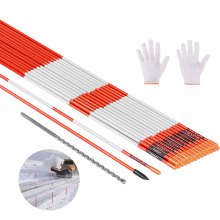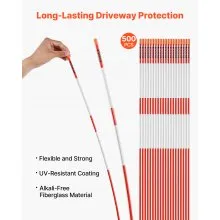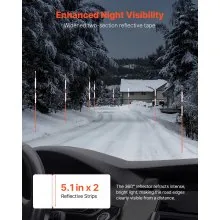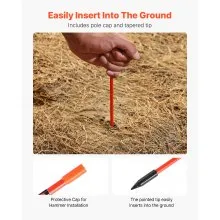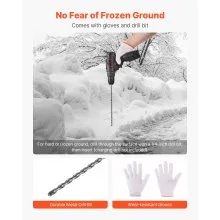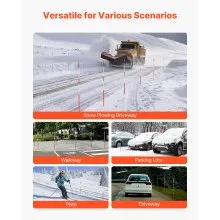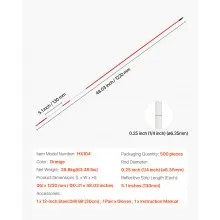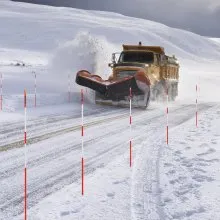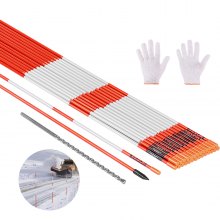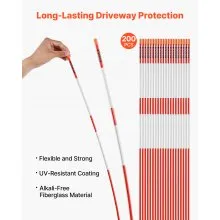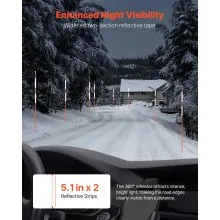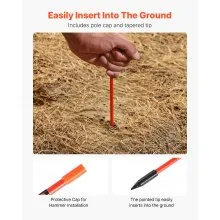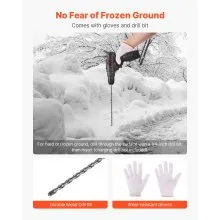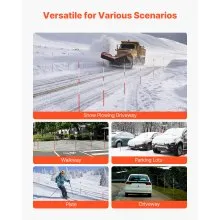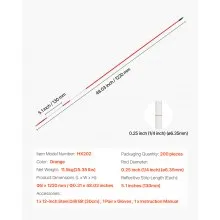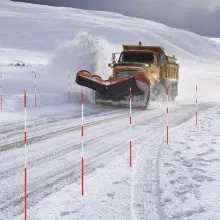-
Restaurant & Food Service
Restaurant & Food Service See All
- Shop By Categories
- Refrigeration & Ice Equipment
- Beverage Equipment
- Food Preparation Equipment
- Restaurant Furniture
- Cooking Equipment
- Food Holding & Warming Equipment
- Food Display & Merchandising Equipment
- Storage & Organization
- Restaurant Faucets & Plumbing & Sinks
- Smallwares
- Venue Decoration
- Carts
- Janitorial Supplies
- Tabletop
-
Automotive
Automotive See All
- Shop By Categories
- Fuel Transfer & Lubrication
- Lifts & Hoists & Jacks
- Air Conditioning & Heat
- Repair Tools
- Automotive Accessories
- Boat Parts & Accessories
- Towing System
- Rv Parts & Accessories
- Cargo Management
- Tire & Wheel Tools
- Automotive Electrical
- Transmission & Drive Train
- Steering & Suspension Tool
- Motorcycle Parts & Accessories
- Lawn & Garden
- Material Handling
- Building & Construction
- Power Tools
- Agriculture & Forestry Equipment
- Arts & Crafts & Sewing
- Electrical
- Plumbing
- Office Supplies
- Pumps
- Heating & Cooling
- Hydraulics
- Welding
- Hardware
- Machining
- Hand Tools
- Security
- Lab
- Sports & Recreation
- Idea Shopping Guide































































